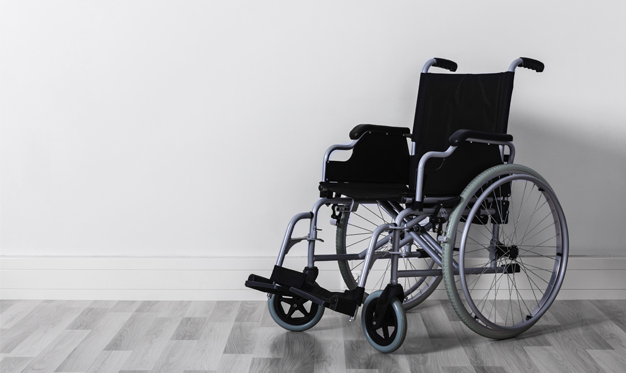If you read our article on the original decision for Foster and Aviva related to the deductibility of the Canadian Emergency Response Benefit (“CERB”) and Canadian Recovery Benefit (“CRB”)[1] from Income Replacement Benefits (“IRBs”), we concluded that further clarification was required prior to resolution of this greatly discussed topic. We certainly did not have to wait long for some clarification or further confusion as the Reconsideration Decision was released on November 17, 2021[2].
The original LAT decision was released in September 2021 regarding the deductibility of CERB benefits, Foster and Aviva[3]. This decision states that CERB is deductible from the IRBs calculated.
The Reconsideration Decision written by the Vice-Chair of the Licence Appeal Tribunal concludes that CERB and CRB are not deductible in calculations of IRBs under the Statutory Accident Benefits Schedule (“SABS”).
Gross Employment Income
The original adjudicator concluded that CERB and CRB meets the definition of “gross employment income” under section 4(1) of the SABS as stipulated below:
“gross employment income” means salary, wages and other remuneration from employment, including fees and other remuneration for holding office, and any benefits received under the Employment Insurance Act (Canada), but excludes any retiring allowance within the meaning of the Income Tax Act (Canada) and severance pay that may be received; [4]
In paragraph 10 of the Reconsideration Decision, the Vice-Chair states:
“IRBs are directly connected to, and calculated with respect to, an insured’s pre-accident earnings, CERB is not calculated with reference to income from employment. Indeed, everyone who is eligible receives the same amount without reference to the amount of income they earned pre-pandemic. As CRB/CERB eligibility is not tied to employment status, it follows that it cannot be considered ‘gross employment income’ under s. 4(1) because it is not analogous to “salary, wages and other remuneration from employment“, as the adjudicator determined. In turn, as CRB/CERB is not considered “gross employment income”, it cannot be deducted from an IRB under s. 7(3)(a).
Paragraph 11 further explains some of his rational as to why CERB/CRB should not be considered gross employment income being:
- A claimant need not be employed prior to receiving CERB/CRB;
- Payments are not received from an employer but, rather, an ad hoc government relief program; and,
- CERB is not akin to Employment Insurance as it is not paid under the Employment Insurance Act, but rather under the Canada Emergency Response Benefit Act.
While we agree with the comments, similar conclusions could be reached for IRBs in that:
- A claimant need not be employed prior to receiving an IRB if they worked 26 out of 52 weeks prior to the accident, similarly, to collect CERB/CRB the claimant must have earned at least $5,000 during the 12 months prior;
- Employment Insurance benefits are included in IRBs, and they are not received by an employer;
- Alludes to the fact that as CERB is not specifically named in the SABS, like EI, it should not be contemplated under the legislation. It could be that “other renumeration from employment” was meant to be the catch-all for payments received from employment that did not necessarily fit within the other areas.
Although this decision is only dealing with deductibility of CERB/CRB in the post-accident period, the conclusion that these benefits are not considered “gross employment income” implies that CERB/CRB benefits should not be considered in the pre-loss period.
In summary, both the original decision and the Reconsideration Decision treats CERB/CRB consistently in the pre and post-accident periods. We agree that treating it consistently is a reasonable approach.
Summary
This decision will likely create some turmoil amongst insurers who have been including CERB/CRB in the pre-accident period as they have to determine how to handle this situation going forward and may cause some worry amongst claimants who have received the benefit of insurers including CERB/CRB in the pre-loss period.
Although these are challenging times, we do know that CERB/CRB benefits have an expiry date so dealing with how to treat them will come to an end at some point. The real question is whether the legislation will be revised to address future situations of this nature.
If you have any questions or wish to discuss IRBs with a Forensic Accountant, please feel free to contact the writers or any representative at MDD Forensic Accountants.
The statements or comments contained within this article are based on the author’s own knowledge and experience and do not necessarily represent those of the firm, other partners, our clients, or other business partners.
- Foster vs. Aviva General Insurance, 2021 ONLAT 19-014657/AABS – R
- Foster vs. Aviva General Insurance, 2021 ONLAT 19-014657/AABS
- O. Reg. 34/10: STATUTORY ACCIDENT BENEFITS SCHEDULE – EFFECTIVE SEPTEMBER 1, 2010





 Amanda Henderson, Sheri Gallant
Amanda Henderson, Sheri Gallant 









